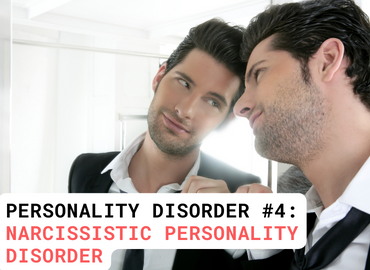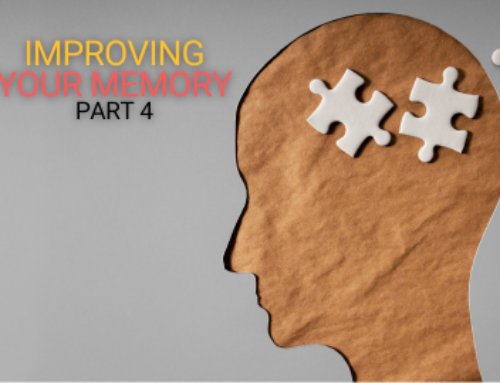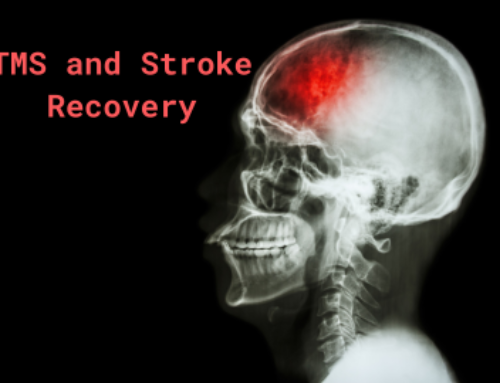Personality Disorder #4: Narcissistic Personality Disorder
One personality disorder that we don’t encounter often at Rochester Holistic Psychiatry is narcissistic personality disorder. However, we often encounter people suffering from the effects of people around them with narcissistic personality disorder, or NPD.
It may sound unkind, but NPD is one of the personality disorders that is most damaging to those around the narcissist, whether they be spouses, children, friends, co-workers, and so on. People with NPD don’t choose to be born with the disorder, and NPD is especially hard to treat, but we’ll get to that later. Another thing to note is that narcissism is a spectrum. Someone can have traits of narcissism that are innate, but they can also be developed over time, making NPD difficult to diagnose in the context of a personality disorder.
What is narcissistic personality disorder?
NPD’s primary characteristic is focus on oneself and one’s own desires to the degree that it interferes with daily life and has negative effects on those around them. Being present since an early age is another indicator that this might be an actual personality disorder, although children raised around people with narcissistic behavior often learn to act like them.
Some traits of NPD are:
− A sense of entitlement; that others should do as the narcissist wishes because the narcissist is inherently above them.
− Being unwilling to take responsibility for mistakes or wrongdoing. The narcissist is always in the right.
− Lack of empathy. A narcissist may be unable to empathize with others or they may understand empathy but choose not to engage in it.
− Angry and/or vengeful reactions when others don’t act according to the narcissist’s wishes.
Letting Others into Your World
Again, we don’t mean to condemn people for things they cannot help, but we all need to examine how our behavior patterns affect those around us instead of just ourselves. If someone else is always the problem and one cannot see one’s own mistakes, whether intentional or accidental, that’s a sign of disordered thinking. There can be balance between achieving one’s desires and avoiding causing pain to others.
We mentioned that NPD is hard to treat, and a major reason is that many people with NPD don’t see a problem, a trait that some sufferers of personality disorder like bipolar or antisocial personality disorder share. If someone with NPD is willing to work with a professional to examine the thought patterns that lead to their behavior, they can learn to temper their impulses and achieve a better quality of life. Learning to value people for who they are and experience deeper love and trust in their relationships is fulfilling and can lead to a willingness to keep growing. If you want to know more about our services or make an appointment, contact us on our website or call us at (585) 442-6960.





